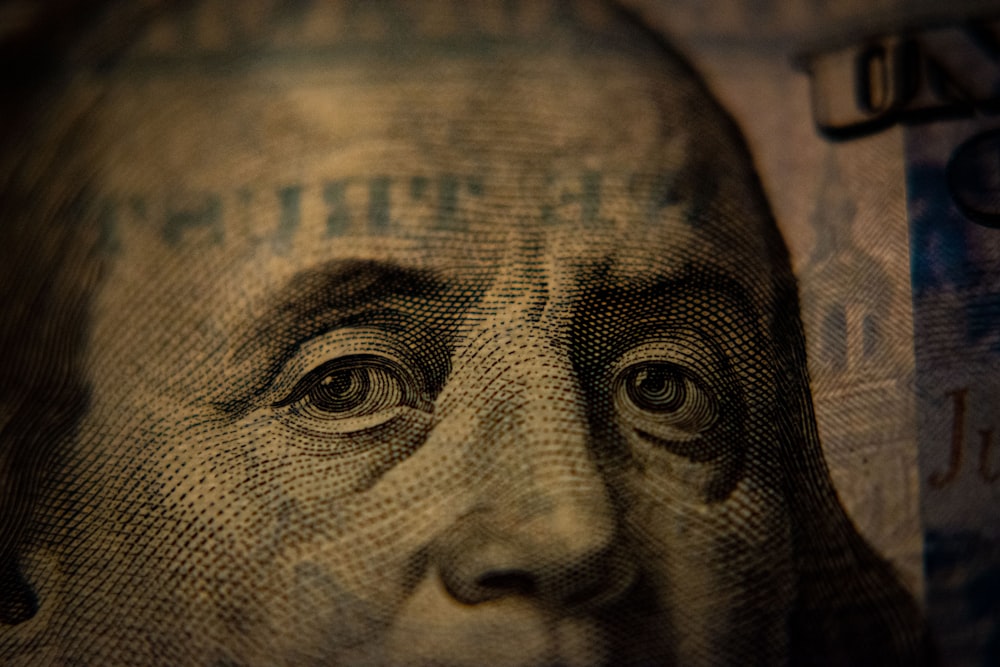 Photo by Adam Nir on UnsplashPlease don’t say: ‘all clear’, ‘everything’s great’,’ inflation is but a dark remnant of our distant past’. Admittedly the numbers have improved dramatically but that is it. I believe it would be premature at best and dangerous at worst to deliver those messages today. It makes sense for Powell to be measured and hawkish in his pronouncements so as not to re-enflame inflationary expectations and psychology. What I’m not sure about is the lock-step market response to these statements … stocks down, bonds down. None of this is new news unless you are a computer trading vehicle that needs a tweak to your program or an investor with a very short attention span.The operative phrase should remain ‘higher for longer’: a) because these are more normalized rates that well reflect a strong economy (not a dire financial or pandemic emergency) and b) they do act as an offset to the extraordinary and inflationary fiscal stimulus of the past five years.. Is ‘Mission Accomplished’ the right message?In light of the Fed’s 2% goal for inflation, at least in the short-term, maybe it would be, but chairman Powell and the Fed might have to make some concessions. Scott Grannis, former chief economist at Western Asset Management thinks ‘mission accomplished’ might be an apt description. He shared the following observations on CPI in his October 12, post:October 12, post:On a year over year basis, the CPI is up 3.7%. Excluding shelter costs, which we know are artificially inflated by BLS methodology, the CPI is up only 2.0%. It is not unreasonable to think that the Fed has successfully arrested the inflation that was caused by $6 trillion of federal deficit spending in 2020 and 2021. Mission accomplished. No more rate hikes are needed.”But the Fed is in a corner as housing has not been severed from their benchmark. This brings us to the following question: Is 2% the right target for inflation?My opinion is that 2% may be doable in the short-term but in the long run it may be very unreasonable. As I’ve said before 2% inflation is a creature of globalization, world competition keeping prices down. Post pandemic de-globalization marks the end of that world. Because of the creation of huge middle classes in Asia, global competition for resources will be intense. Supply chain disruption causing near-shoring or on-shoring in the US will raise costs along with the rise of labor. This could become a real issue if the Fed does not appreciate the nuances of a world economy. It is my hope that they think globally when considering their targets or it could put the US behind the eight ball until they figure it out.In the meantime it is time to get use to ‘higher for longer’ … a more normal (non-emergency) rate structure for the economy.More By This Author:Why Energy Demand Should Be The Last Thing You Worry About When Investing In Oil Stocks
Photo by Adam Nir on UnsplashPlease don’t say: ‘all clear’, ‘everything’s great’,’ inflation is but a dark remnant of our distant past’. Admittedly the numbers have improved dramatically but that is it. I believe it would be premature at best and dangerous at worst to deliver those messages today. It makes sense for Powell to be measured and hawkish in his pronouncements so as not to re-enflame inflationary expectations and psychology. What I’m not sure about is the lock-step market response to these statements … stocks down, bonds down. None of this is new news unless you are a computer trading vehicle that needs a tweak to your program or an investor with a very short attention span.The operative phrase should remain ‘higher for longer’: a) because these are more normalized rates that well reflect a strong economy (not a dire financial or pandemic emergency) and b) they do act as an offset to the extraordinary and inflationary fiscal stimulus of the past five years.. Is ‘Mission Accomplished’ the right message?In light of the Fed’s 2% goal for inflation, at least in the short-term, maybe it would be, but chairman Powell and the Fed might have to make some concessions. Scott Grannis, former chief economist at Western Asset Management thinks ‘mission accomplished’ might be an apt description. He shared the following observations on CPI in his October 12, post:October 12, post:On a year over year basis, the CPI is up 3.7%. Excluding shelter costs, which we know are artificially inflated by BLS methodology, the CPI is up only 2.0%. It is not unreasonable to think that the Fed has successfully arrested the inflation that was caused by $6 trillion of federal deficit spending in 2020 and 2021. Mission accomplished. No more rate hikes are needed.”But the Fed is in a corner as housing has not been severed from their benchmark. This brings us to the following question: Is 2% the right target for inflation?My opinion is that 2% may be doable in the short-term but in the long run it may be very unreasonable. As I’ve said before 2% inflation is a creature of globalization, world competition keeping prices down. Post pandemic de-globalization marks the end of that world. Because of the creation of huge middle classes in Asia, global competition for resources will be intense. Supply chain disruption causing near-shoring or on-shoring in the US will raise costs along with the rise of labor. This could become a real issue if the Fed does not appreciate the nuances of a world economy. It is my hope that they think globally when considering their targets or it could put the US behind the eight ball until they figure it out.In the meantime it is time to get use to ‘higher for longer’ … a more normal (non-emergency) rate structure for the economy.More By This Author:Why Energy Demand Should Be The Last Thing You Worry About When Investing In Oil Stocks
Head Fake: Irrational Fear Still Grips The Market
Flight-To-Safety Assets: Are They Really Safe?





Leave A Comment